Jacksonville, NC Expungement Lawyers
Experienced Attorneys for North Carolina Criminal Record Expungement
Home » Expungement
Practice Areas
Have you been convicted of a crime in the past that continues to impact your life more than it should? Even a minor criminal conviction can have long-lasting consequences, affecting nearly every aspect of your future. From difficulties securing housing and employment to complications with child custody and firearm ownership, a permanent record can create unnecessary obstacles.
Fortunately, North Carolina law allows individuals to seek expungement, a legal process that can erase certain criminal records, giving you a clean slate. Expungement can make it easier to find employment, restore your reputation, and move forward without the weight of a past mistake holding you back.
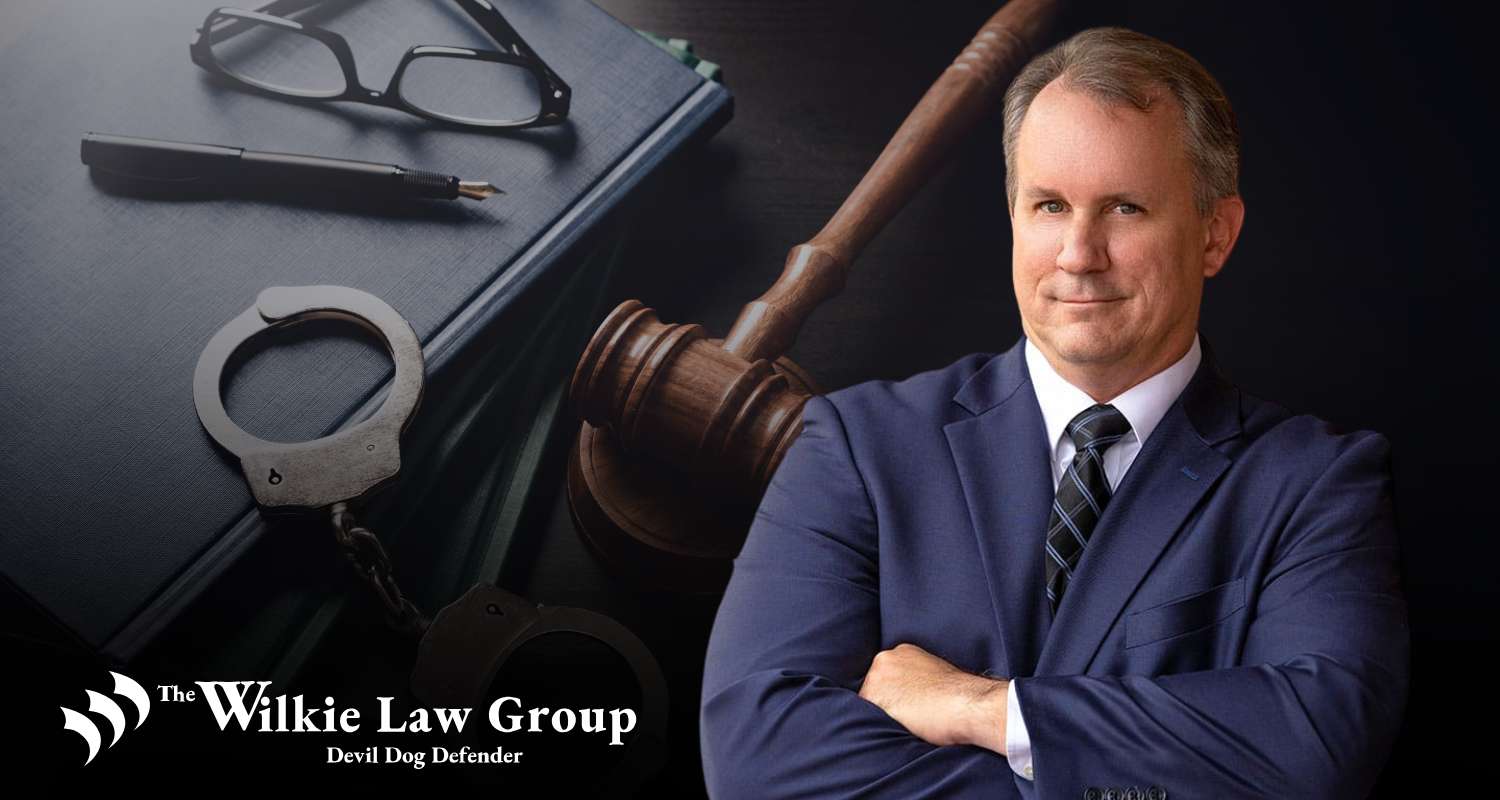
If you need more guidance or are ready to speak with experienced Jacksonville, NC expungement lawyers regarding your potential expungement case, contact Aden Wilkie at The Wilkie Law Group today at (910) 333-9626 for a consultation.
What is Expungement?
In the legal world, expungement is the process of sealing or erasing a person’s prior criminal offense from their record. When a judge grants an expungement, the court directs that the conviction, arrest, or dismissal be treated as if it never happened. This process allows individuals to move forward with a fresh start, free from the burdens of past mistakes.
Unlike a legal pardon, which is a formal act of forgiveness issued by a public official such as a state governor or the President, an expungement is a court-ordered remedy that effectively removes certain records from public access. While a pardon forgives a crime, expungement legally clears it from a person’s history.
There are many reasons why someone might seek expungement. One may be that they are trying to get accepted into a school or job that will only hire candidates who do not show up in a criminal background check. Others may seek expungement because they have been wrongly accused of committing crimes that they did not commit and want to bury that painful reminder forever. No matter the reason, obtaining an expungement can provide significant benefits and help individuals regain control over their future.
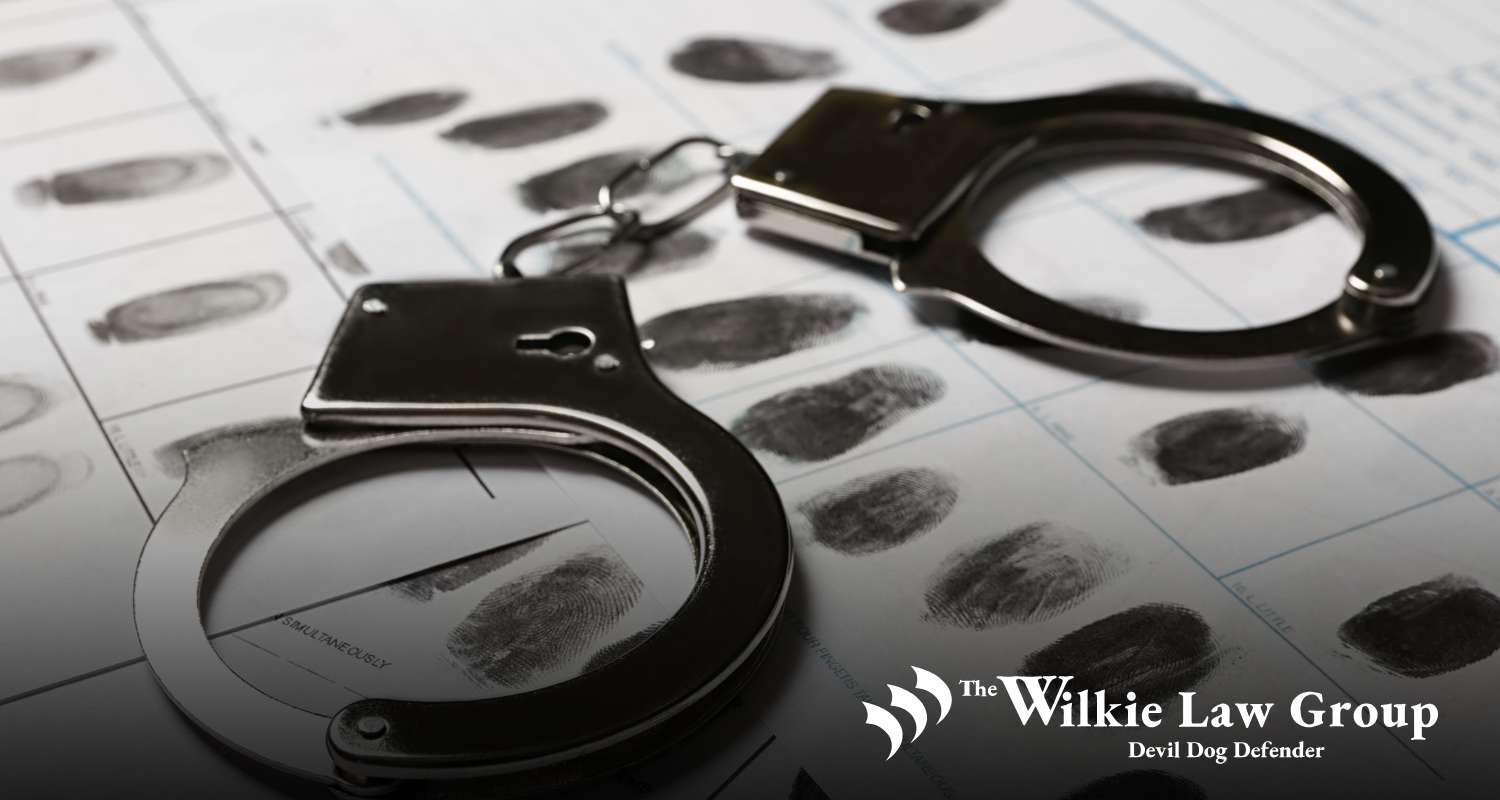
Can You Get a Felony Expunged in NC?
Believe it or not, North Carolina law does allow for the expungement of certain felony convictions, but is limited to specific circumstances. Not all felonies qualify, and violent felonies cannot be expunged.
More specifically, non-violent felony convictions in Class A through Class G do not qualify for expungement. Only non-violent felony convictions classified as Class H or Class I may be expunged under North Carolina law.
NC Expungement Law
The regulations regarding expungement in North Carolina can be found under General Statutes § 15A-145.5(a), which allows individuals the chance to remove certain offenses from their criminal history. Under these statutes, expungement comes with strict eligibility requirements, including a waiting period that varies based on the type of criminal conviction.
If you want to have a nonviolent felony or nonviolent misdemeanor conviction expunged from your criminal record, you must wait a certain number of years after your conviction or after completing your sentence, probation, or post-release supervision—whichever is later—before filing a petition:
For Nonviolent Misdemeanor Convictions:
- One misdemeanor – At least 5 years.
- Multiple misdemeanors – At least 7 years (excluding minor traffic offenses).
For Nonviolent Felony Convictions:
- One felony – At least 10 years (there is an exception for one specific felony, breaking and entering, which requires a 15-year waiting period).
- Two or three felonies – At least 20 years.
Additionally, under North Carolina law, the court must consider other factors before granting an expungement. For example, outstanding civil judgments, such as court fines or restitution orders, can impact eligibility, as the courts often require these financial obligations to be fully resolved before granting an expungement. If you are currently awaiting trial, have outstanding warrants, are in an ongoing criminal case, or have committed a new crime during the required waiting period, you may be disqualified.
It’s also important to note that while expungement can help remove a criminal record from public view, certain entities, such as law enforcement and the court system, may still retain access to prior criminal convictions.
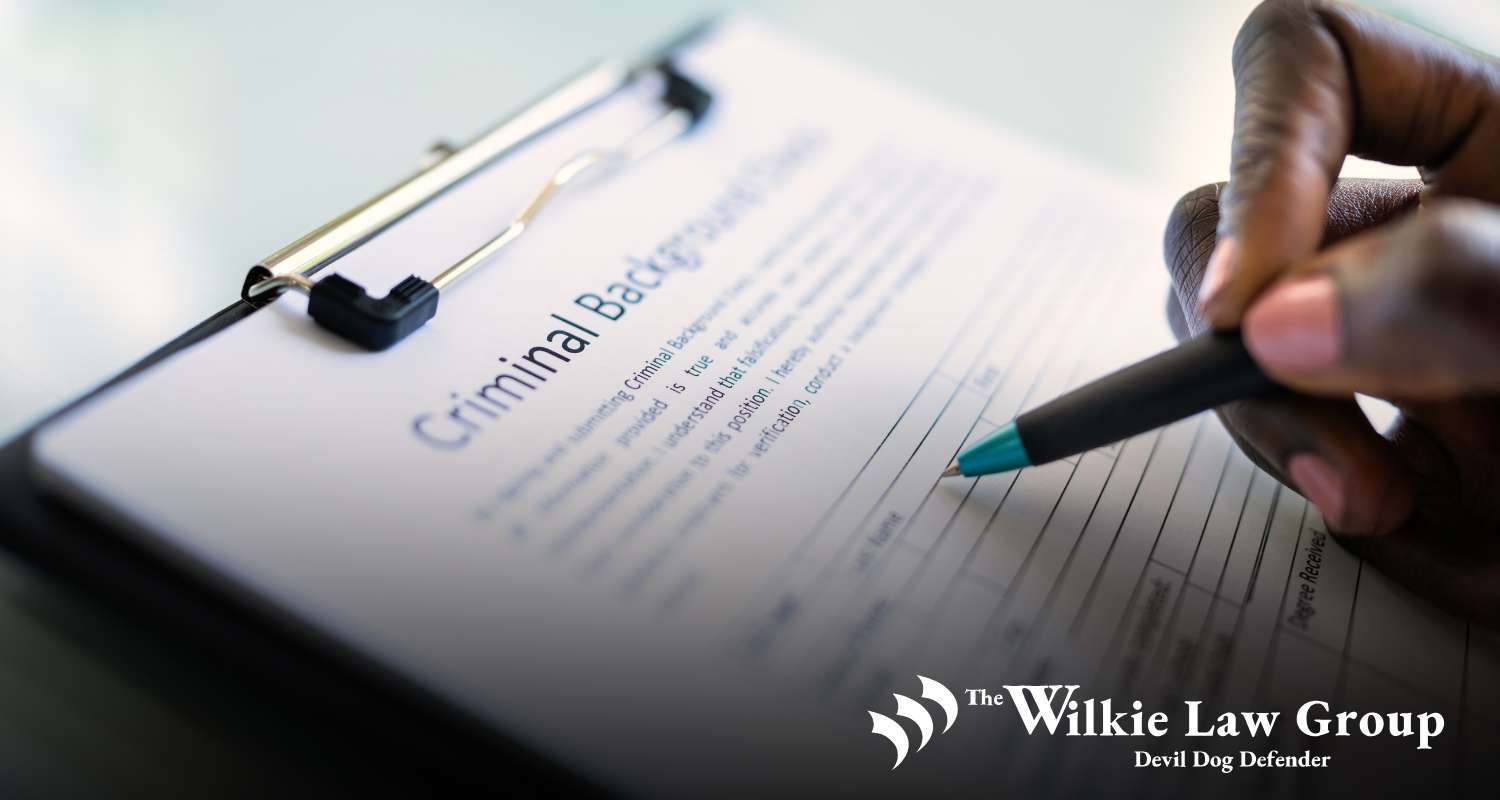
Records Not Eligible for Expungement in North Carolina
Under NCGS § 15A-145.5(a), the following types of offenses do not qualify for expungement:
- Serious felonies and misdemeanors (any felony classified as Class A through G or a Class A1 misdemeanor)
- Crimes involving assault
- Offenses that require sex offender registry
- Certain sex-related or stalking offenses
- Drug felonies involving certain substances (any felony drug offense that involves methamphetamines, heroin, or the sale, delivery, or intent to sell/deliver cocaine)
- Certain firearm-related crimes or crimes with enhanced penalties
- Breaking and entering with intent to terrorize
- Crimes involving commercial vehicles
- Attempts to commit the above offenses
- Offenses involving impaired driving
If your offense falls under any of these categories, it likely cannot be removed from your record through expungement. Speaking with the skilled Jacksonville, North Carolina expungement lawyers at The Wilkie Law Group can help you get a better understanding of whether or not your specific offense qualifies for expungement.
How to Get an Expungement in NC
For an expungement to be successful, it must be properly petitioned and filed in the county where you incurred the charges. There is a plethora of paperwork to be done and legal requirements that must be met before an expungement can be approved. There are also several different forms that apply for each subsection of the expungement statute. These forms vary significantly depending on the statutes and restrictions determined by your age, charge, and case outcome.
You must also ensure that you are filing in the correct jurisdiction and at the right level. Superior court cases require that expungement hearings take place in superior court. District court cases are heard in, you guessed it, district courts.
As you can see, there is plenty that goes into the expungement process. That is why it’s likely that the easiest and most favorable option for you is to obtain the help of a North Carolina expungement attorney. They will handle every legal aspect of your case and give you your best chance at having your criminal record expunged permanently.
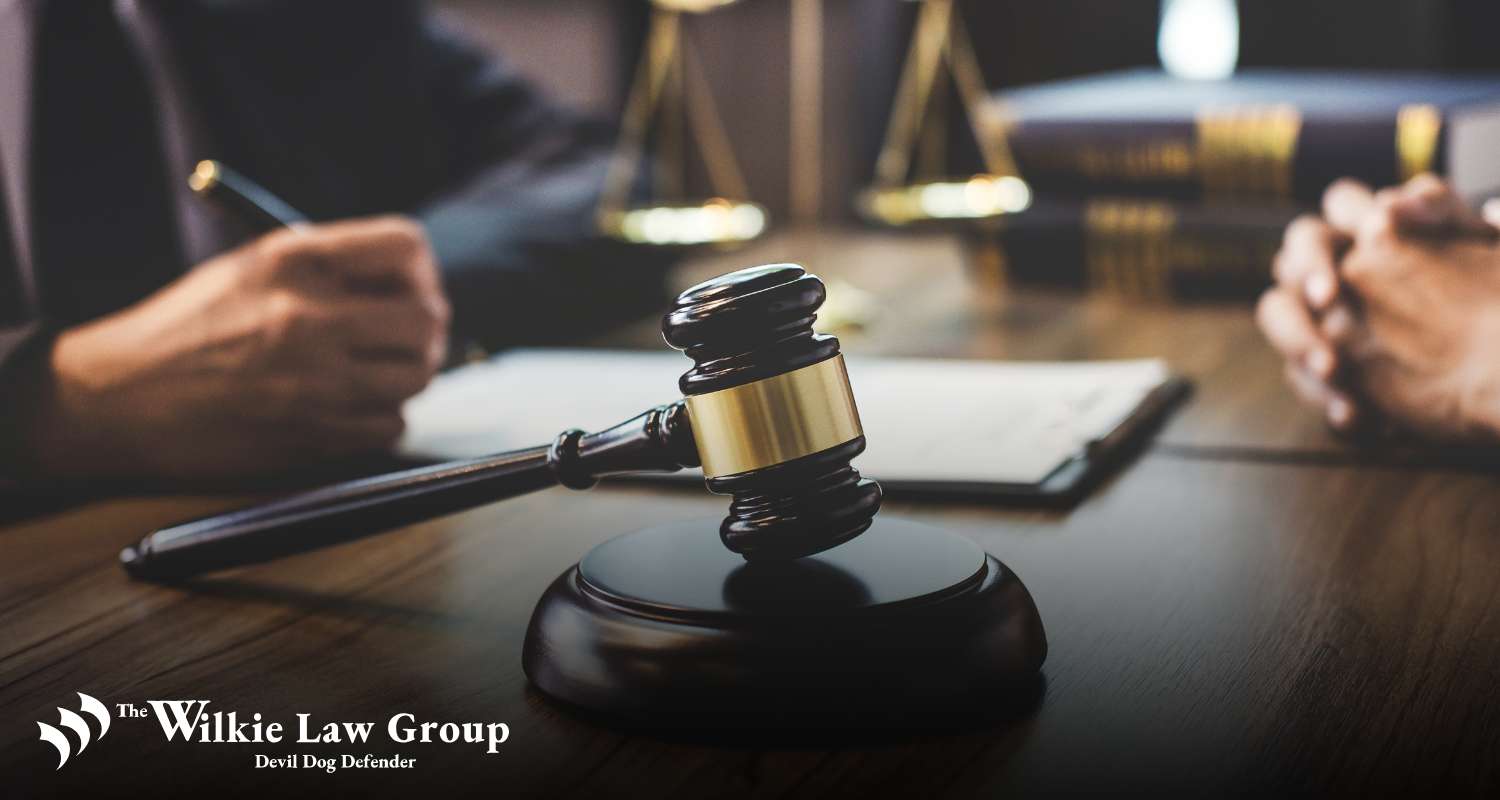
NC Expungement Process
The legal process of expungement in North Carolina involves several steps and requires careful attention to detail. Here’s a brief breakdown of the entire process:
- Determine Eligibility – Before filing, you must ensure that your conviction qualifies for expungement. This includes meeting the required waiting period and proving good character.
- Prepare Necessary Documents – You’ll need to gather paperwork such as court records, affidavits, and a petition for expungement. Many people seek help from experienced NC expungement lawyers to ensure accuracy.
- File the Petition – The expungement petition is submitted to the clerk of court in the county where the conviction occurred. It must be signed by a judge and sometimes requires a filing fee.
- Review by Authorities – The Administrative Office of the Courts processes the petition, and the State Bureau of Investigation (SBI) conducts a background check to verify eligibility.
- Court Decision – A judge reviews the case, and in some instances, a hearing may be required. If the petition is approved, the court orders the expungement of the record.
- Record Clearance – Once granted, the expungement order is sent to the SBI and other relevant agencies to remove the record from public databases.
While expungement can be a complex process, having the right legal guidance from a knowledgeable Jacksonville criminal defense attorney like Aden Wilkie can help ensure a smooth experience from start to finish.
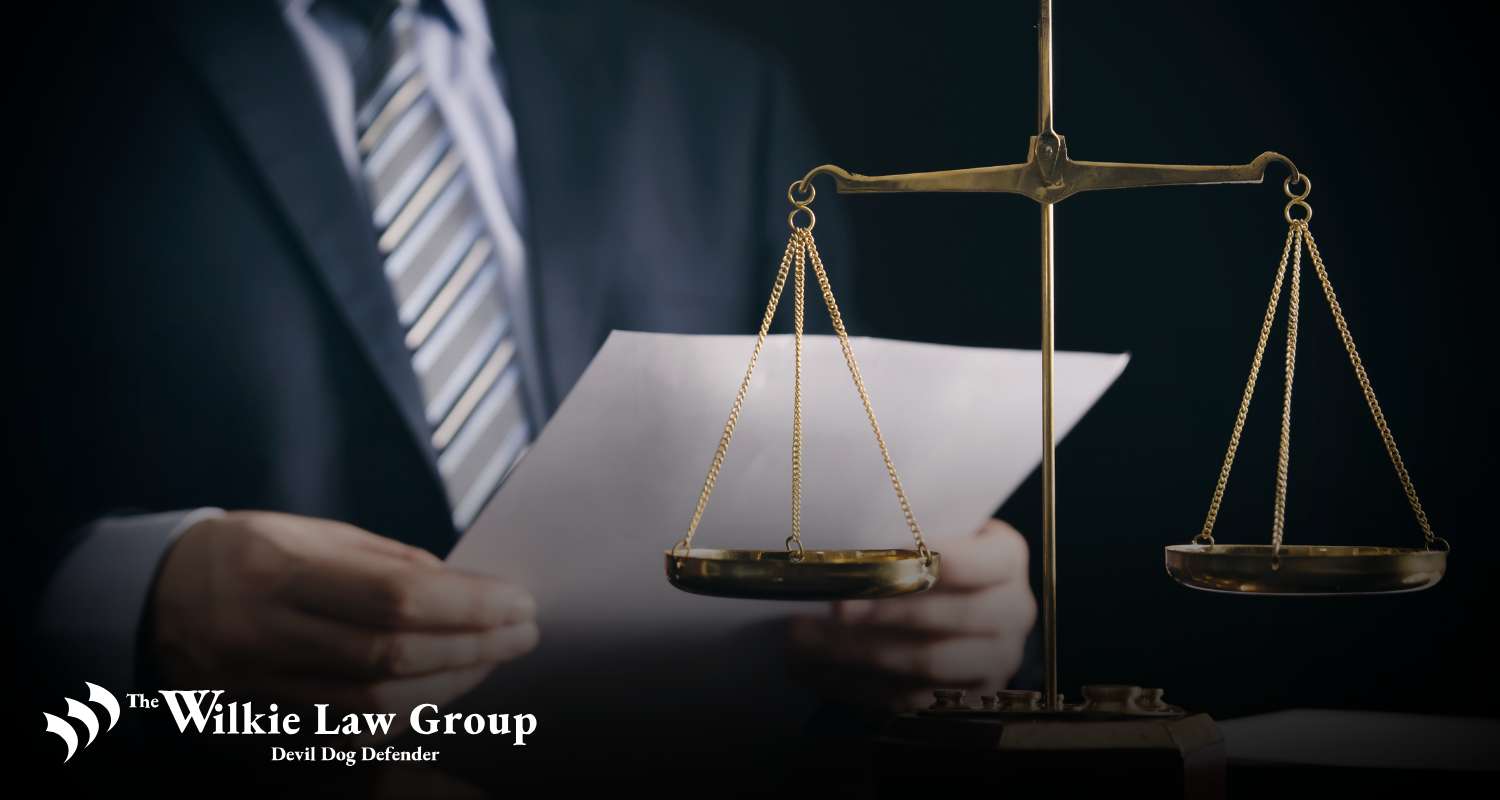
More Expungement FAQs
In North Carolina, a criminal charge that results in a conviction will stay on your record permanently unless you obtain an expunction. However, this is not the case for charges that were dismissed or resulted in a not-guilty verdict. Under Senate Bill 565, if you were charged with a misdemeanor, felony, or infraction on or after December 1, 2021, and the case ended with a dismissal or a verdict of not guilty or not responsible, the charges will be automatically expunged between 180 and 210 days after the case is closed.
The number of expungements you can receive depends on the type of criminal charge and when the expungement was granted. For dismissed charges or cases where you were found not guilty, there is no limit on the number of expungements.
For guilty convictions, North Carolina law limits expungements to specific offenses and circumstances, such as one nonviolent felony or multiple nonviolent misdemeanors after the required waiting period.
A DWI conviction in North Carolina cannot be expunged, regardless of how much time has passed.
In North Carolina, only certain nonviolent felonies can be expunged. Specifically, Class H and Class I felonies may qualify if they meet the legal requirements, including completing the required waiting period and having no additional criminal convictions during that time. However, violent felonies, sex crimes, and serious drug offenses cannot be expunged.
The cost to get a criminal record expunged in North Carolina depends on the type of case. Expunging a dismissed charge or a not guilty verdict is free, but expunging a criminal conviction typically requires a $175 filing fee. Additional costs may apply if you hire an attorney to assist with the process.
If your criminal record is expunged, you may be able to buy a gun, but it depends on the type of offense that was expunged. If you had a felony conviction, even if expunged, you may still be prohibited from owning a firearm under federal law. It’s best to consult an attorney to understand how expungement affects your gun rights in your specific case.
While hiring an attorney is not required to file for expungement, legal assistance can be invaluable in ensuring accuracy and avoiding delays. The process involves a detailed review of your eligibility, and certain exceptions may make expungement impossible for some convictions.
Rest assured, our expungement lawyers at The Willkie Law Group can help you navigate the legal system and improve your chances of success.
Call Our North Carolina Expungement Lawyers at The Wilkie Law Group Today!
If you’re interested in clearing your criminal charge or if you’re unsure about your eligibility, our experienced Jacksonville, North Carolina expungement lawyers at The Wilkie Law Group are here to help. We understand how a criminal record can impact your life, from job opportunities to housing and beyond. Attorney Aden Wilkie has a proven track record of helping clients move forward by securing expungements and giving them a fresh start.
Call (910) 333-9626 or fill out the online contact form on our site to schedule your consultation today.





